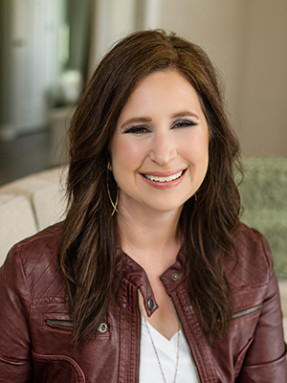Who doesn’t dream of owning a beachfront property or a home nestled in the mountains? For many would-be vacation home buyers, though, that dream is out of reach. That’s why some real estate pros are pitching an alternative: co-ownership. By purchasing just a one-eighth or a one-quarter equity share of a home, buyers can lessen their costs and split ownership responsibilities with others.
Tech startups—like Pacaso, SecondShare, and investor-focused solution Fractional—are helping real estate professionals broker co-ownership arrangements among groups of buyers, who may be family, friends, or even strangers.
SecondShare says co-ownership could reduce the upfront ownership costs of a vacation home by 75%. “Many people can’t afford the vacation home they’d like to own,” says co-founder Patrick Duncan. “For those who can, it often doesn’t make economic sense to own the entire property when they’ll use it for only part of the year. Co-ownership could represent the future of vacation homeownership.”
Josh Dotoli, founder and principal of Compass’ Dotoli Group in Fort Lauderdale, Fla., presented the idea recently to one of his buyers. Using the Pacaso platform, his client purchased a one-fourth equity share of a waterfront home. The home would have cost $5 million to purchase outright, but the client purchased a share for $699,000. “Our client got everything he wanted at a price that worked for him,” says Dotoli, who has added a section on his broker- age’s website devoted to co-ownership opportunities.
Real estate pros are a critical part of fractional ownership transactions, says Marnie Blanco, vice president of industry relations at Pacaso. Companies rely on agents to tout the idea of fractional ownership and to represent buyers who enter into these arrangements. Pacaso says 89% of its buyers are buying a second home for the first time, evidence that co-ownership is opening up possibilities to a new segment of purchasers. Agents collect a commission when representing each individual buyer in a co-ownership agreement.
When pitching the idea of fractional ownership, Pacaso, SecondShare, and their competitors realize they must first clear up an ambiguity: They aren’t selling timeshares. Timeshares sell time or are essentially long-term leases, not collective ownership or a piece of a real estate asset. Co-owners share in the equity. Owners can sell their stake in a Pacaso or SecondShare property publicly after one year of ownership.
The tech startups know they need to promote this new class of ownership to get more of the public on board. To do that, Pacaso is partnering with real estate brokerages. Recently, it partnered with Engel & Völkers to sell co-ownerships in Park City, Utah; Aspen and Vail, Colo.; and Malibu, Calif., among other locations. Pacaso also has worked with the Real Estate Standards Organization to help establish co-ownership as a property subtype in RESO’s 2022 Data Dictionary of Industry Standards.
“With RESO’s definition of co-ownership as a property type and our ongoing work to establish partnerships with leading brokerages, we are further cementing co-ownership as a mainstream buying decision,” Blanco says. “We are helping real estate professionals tap into a new group of buyers, those who have always dreamt of owning a second home but were priced out or not ready to commit to the whole.”





